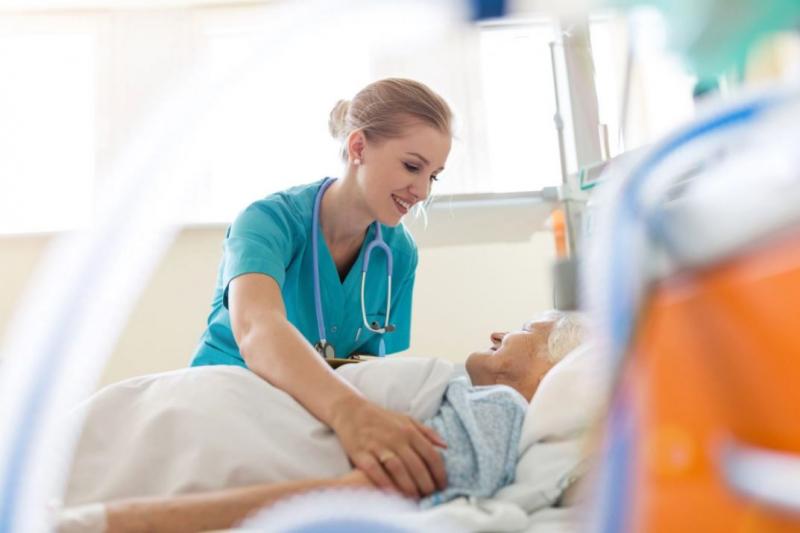
This page provides rehabilitation interventions for each of these conditions: acute respiratory distress syndrome (ARDS) and pulmonary restrictive syndrome, post-intensive care syndrome (PICS), post-extubation swallowing disorders, multiple organ failure and shock, PTSD in the context of rehabilitation. But it should be noted that the rehabilitation process of COVID-19 patients in practice will be performed by multi-professional teams with a strict interdisciplinary collaboration, in accordance with the individual’s needs.
◆Rehabilitation of acute respiratory distress syndrome (ARDS) and pulmonary restrictive syndromes
◆Rehabilitation of post-intensive care syndrome (PICS)
◆Post-traumatic stress disorder (PTSD), in the context of rehabilitation
◆Read more information about evidence relevant to clinical rehabilitation on COVID-19, click here.

